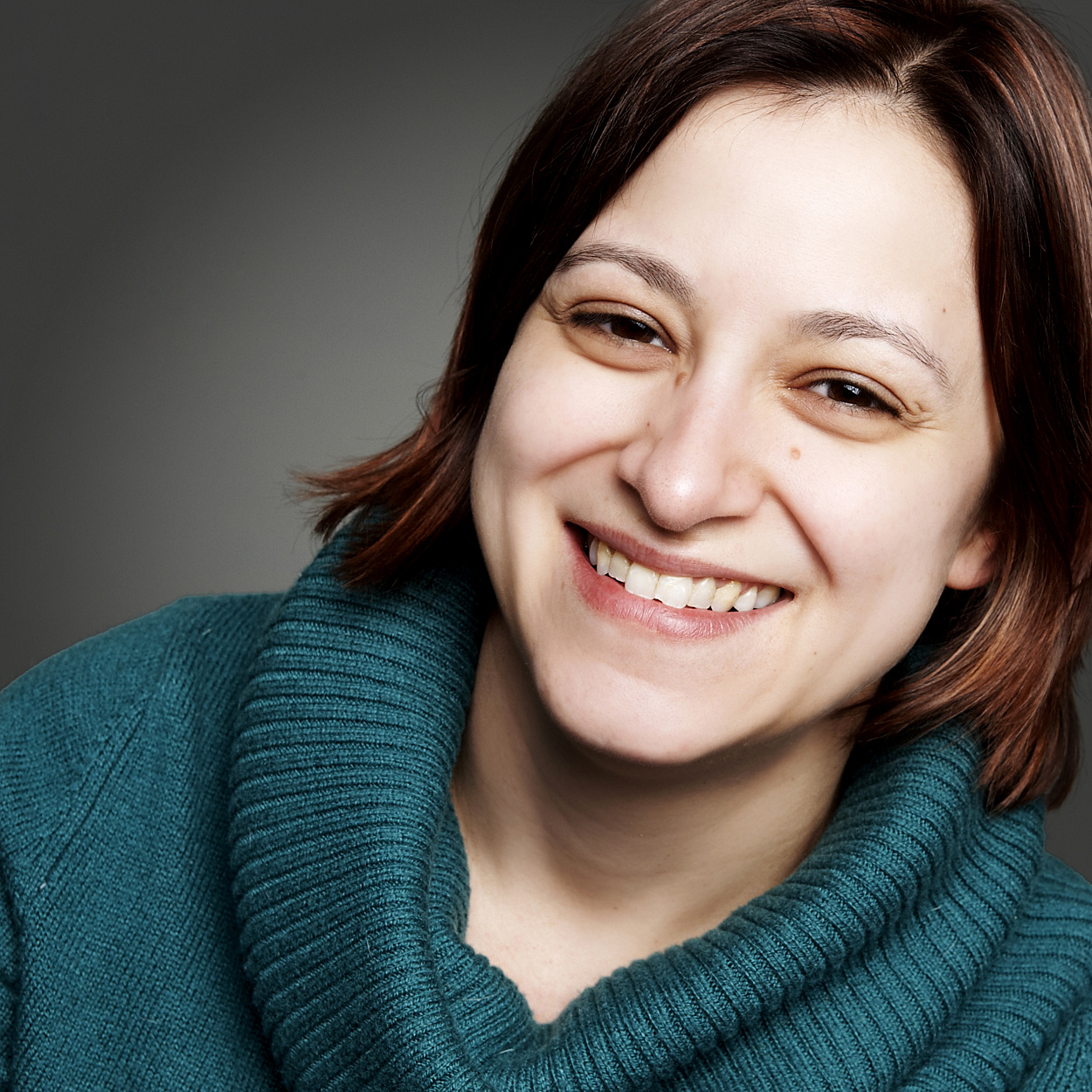In six years of working at Richfield Public Schools, I was guaranteed exactly four twelve-hour days a year, each ending with me collapsing in tears on my couch. Those were parent-teacher conference days, or student-led conference days, as we called them, and boy, were they exhausting. And boy, do I hope we can make them work better for parents, teachers and kids.
As a library media specialist, I had no formal assignment of students and parents, so I did what made sense in a school with a large and growing number of Spanish-speaking families and only a handful of Spanish-speaking staff: I translated. But I soon found that language was not the only, or even biggest, barrier between teachers and families. There existed a gulf of cultural difference that, try as I might, I could not bridge as one woman with one foot in each culture.
The conferences almost always went like this: The family entered the classroom—one or two parents, sometimes a grown aunt or sibling and a few younger siblings or cousins. The teacher greeted the family, the little ones settled in to play with crayons or toys (provided by the savviest teachers), and the parents sat down to review the binder or files or notebooks representing the fruits of their child’s past months at school.
The parents were often tired from work, and preoccupied with what the little ones were up to and the questions they waited patiently to ask. The teachers kept one eye on the clock, ticking through the allotted twenty minutes much faster than usual, as every word had to be spoken twice.
Then the focus turned to test results, and everyone’s eyes glazed. The teachers’, because they had been through a similar spiel twelve times in the last four hours, and the parents’, because they had no frame of reference for the exams, having come through a completely different school system. Even for those with the best of literacy skills in their first language, the take-home packet of results in microscopic English was of no use whatsoever.
It was a rare conference when the parents had the chance to ask the questions that really mattered to them. Is my child normal compared to her peers? Does he know what he needs to know in this grade? What does she need to get to college and achieve this American Dream I came here to give her?
If those questions came, it was only as the teacher started to straighten papers into piles and prepare for the next family, which was pacing outside the door and peeking around the doorframe from time to time.
So, time after time, I went home and cried, having no idea how to reform the conference system to make it work well for parents, teachers and the students it’s meant to help.
Well, that’s not true: I did—and still do—have a few ideas to improve conferences. For example, maybe schools could provide a drop-in day care center on-site, let the parents lead the meeting by choosing topics of interest and make conferences more often or longer or both. Perhaps we could also concentrate on increasing teacher diversity, so that students and families better see themselves reflected in the staff of their schools, and on making sure our assessments provide all families with objective, meaningful and understandable information on student progress.
Conference season is upon us, and before many teachers collapse in tears on their couches and families have their questions go unanswered, I hope we can recommit to making these conferences better for everyone.
Leah Delia Larson is a library media specialist at the Perpich Arts High School in Golden Valley and Crosswinds Arts and Science School in Woodbury. She started her career in education in 2001, and has taught everything from middle school ESL and special education in Texas to elementary school in Brooklyn. After teaching for several years, she moved back home to Minnesota to complete a degree in school library media, and went on to work for six wonderful years at Richfield Middle School before transitioning to her current roles. Leah is passionate about many things, particularly literacy, culturally competent curriculum and teaching, equity teacher training, increasing Latino student achievement and family engagement, bilingualism and social and emotional health.
The MinnCAN blogging fellowship allows Minnesota teachers, administrators and parents to share their thoughts on key education issues. MinnCAN supports fellows seeking to advance the conversation around public education, though fellows' views and opinions are solely their own.
